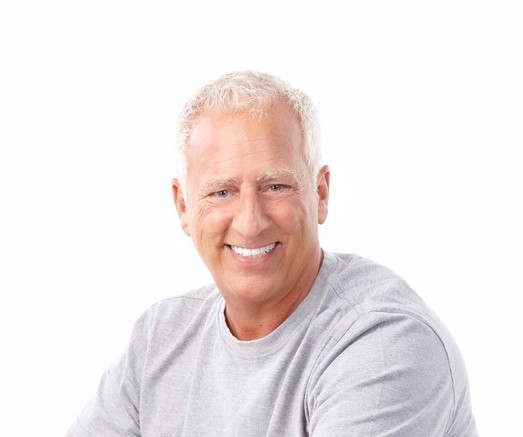 PUBLISHED IN TCI WEEKLY NEWS
PUBLISHED IN TCI WEEKLY NEWS
14th June 2014
Geriodontics is the branch of dentistry that deals with the diagnosis, prevention and treatment of dental diseases and problems specific to old people (approximately 65yrs +).
There are a number of things that can be different about geriatric dentistry to regular dentistry. This is especially true if the patient suffers from Alzheimer’s Disease, has had a stroke or has any other physical disability.
It is not uncommon that problems can arise due to the taking of specific medications that are treating other conditions. A common side of many medications is a dry mouth. Dry mouth can make it difficult to wear a denture, chew and swallow food. Also a lack of saliva can lead to an increased chance of tooth decay. In the elderly it is common to see some gum recession as a result of previous gum disease. An exposed root surface due to recession has no enamel cover protecting the tooth so the decay process can move swiftly through the dentine. Because the decay is starting lower down the tooth, the distance to the nerve chamber is shorter and so root canal problems arise sooner. Regular dental check-ups and cleanings will help to combat this; for these reasons I recommend that older patients come to the dentist at six monthly intervals.
 I also see on occasion the failure of large and extensive restorations that have deteriorated over years. Treatment can sometimes be challenging in elderly both in terms of performing the treatment itself and also for the patient to adapt to the new restoration. In an instance like this I would work slowly and carefully with the patient to ensure the treatment is clearly understood and is as least traumatic as possible.
I also see on occasion the failure of large and extensive restorations that have deteriorated over years. Treatment can sometimes be challenging in elderly both in terms of performing the treatment itself and also for the patient to adapt to the new restoration. In an instance like this I would work slowly and carefully with the patient to ensure the treatment is clearly understood and is as least traumatic as possible.
Another problem that is fairly common amongst the older population is broken dentures. How and where the denture is broken dictates whether it can be fixed but it is not unusual that dentures cannot be fixed to a good standard and a new one is required. I find that is it often better to duplicate and copy an existing denture- even it if is not perfect- as this is the shape the patient is familiar and comfortable with, rather that hoping the patient will adapt to a new denture.
If you are an elderly patient booking a dental appointment or are booking one on behalf of an elderly patient, I would recommend you explain any physical disabilities or any other challenges that the patient might have. This way the dentist can be prepared and may well allow a little extra time when the patient attends the appointment.